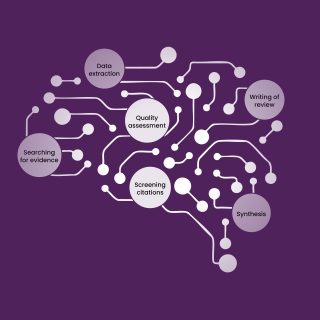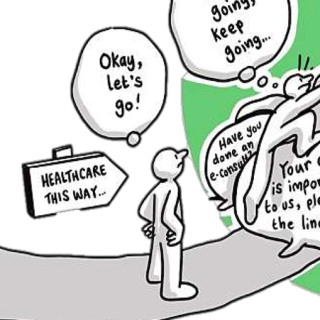Can Digital and Data Lay the Foundations for Equity?
In the third and final blog of our three-part series, we explore how central digital and data are to the ambitions of the 10 Year Health Plan for England — and what that means for health inequalities. From the NHS App as the new “front door” to more systematic use of social risk data and patient-reported measures, we examine where the choices made now will determine whether digital transformation narrows gaps or widens them.











